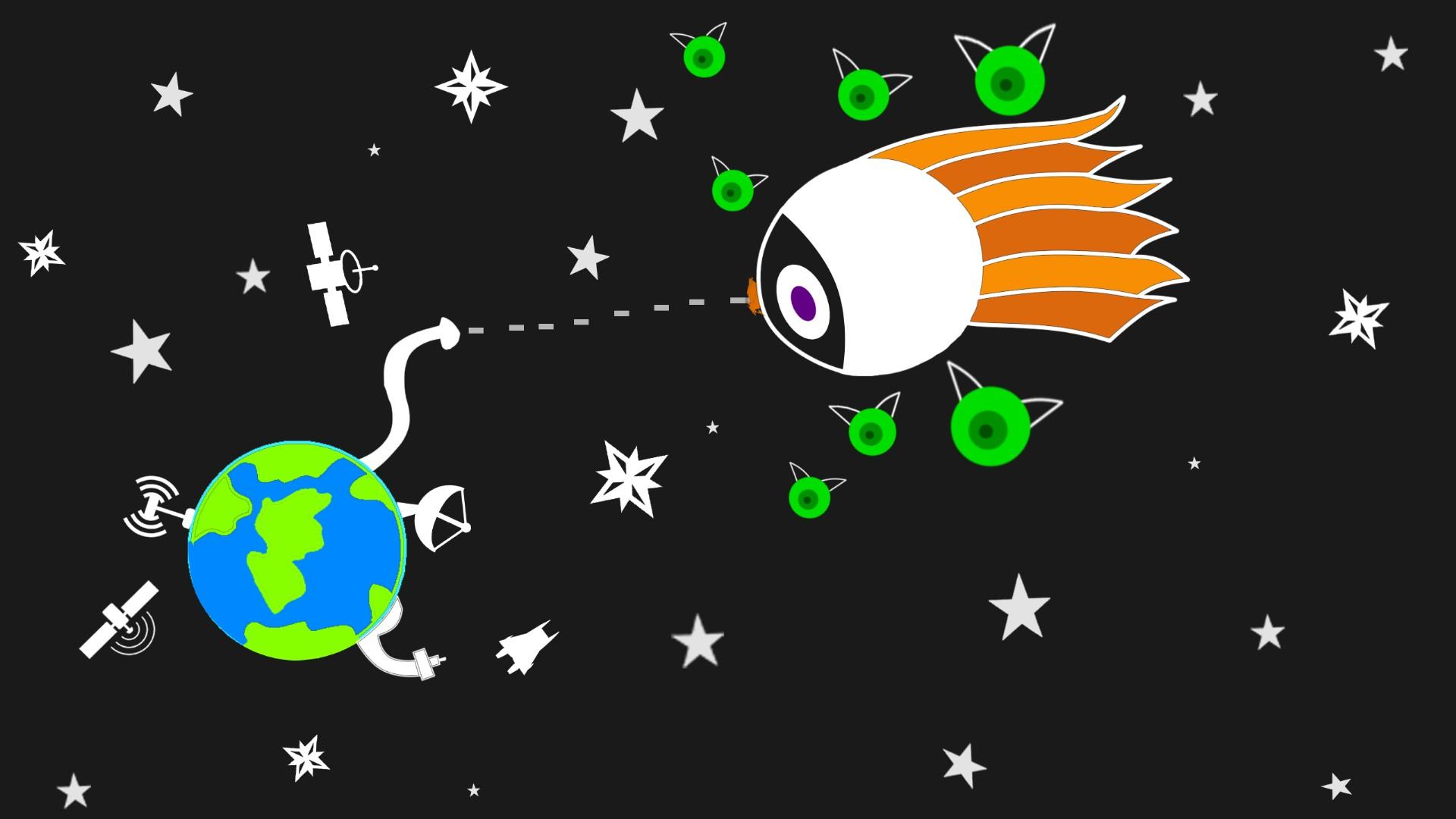
From Topic to Truth: A Simple Guide to Writing a Thematic Statement
A thematic statement is a single, complete sentence that expresses a specific and universal argument or message about a topic that a work of art, particularly literature, is exploring. It’s not the topic itself (like "love" or "war"), but rather what the author is arguing about that topic (e.g., "True love requires immense sacrifice to endure").
It's a Thursday morning here in Indonesia, a perfect time to get lost in a good story. Whether you're reading a classic novel, watching a blockbuster movie, or even listening to an ancient local folktale about wise animals and mythical spirits, all great stories do more than just entertain us. They resonate. They stick with us. They leave us with a "big idea"—a message about life, humanity, or the way the world works.
In the world of literary analysis, this "big idea" is what we try to capture in something called a thematic statement.
It can sound like a complicated piece of academic jargon, but the concept is actually quite simple and incredibly powerful. Think of it this way: a theme is like a one-word topic for a bumper sticker. It might just say "War." A thematic statement, on the other hand, is the full, opinionated message on that bumper sticker: "War forces even good people to make tragic choices." The topic is the subject; the statement is the argument.
Understanding this difference is the key to unlocking a deeper level of appreciation for any story you consume.
Theme vs. Thematic Statement: What's the Difference?
This is the most common point of confusion, so let's make it crystal clear.
A Theme (or Topic) is:
-
A one or two-word concept.
-
Abstract and general.
-
Simply the subject matter the story touches upon.
Examples of themes are: love, ambition, betrayal, family, technology, justice, the American Dream.
A Thematic Statement is:
-
A complete sentence.
-
An argument or a point of view about the theme.
-
Universal—it should apply to the human condition in general, not just the characters in the story.
-
Debatable—a reasonable person could argue for an opposing viewpoint.
Here’s a simple chart to show the transformation from a simple topic to a full-fledged thematic statement:
| Theme (The Topic) | Thematic Statement (The Author's Argument) |
| Ambition | Unchecked ambition can lead to a person's moral corruption and downfall. |
| Technology | An over-reliance on technology can lead to the erosion of human connection. |
| Family | The obligations of family can often conflict with an individual's personal integrity. |
| Justice | True justice is often unattainable in a society corrupted by power and wealth. |
The Recipe for a Strong Thematic Statement ✅
To make sure your thematic statement is strong, it needs to have a few key ingredients.
1. It must be a complete, declarative sentence.
This is a non-negotiable rule. "The dangers of unchecked ambition" is a phrase, not a statement. It doesn't make an argument. "Unchecked ambition ultimately leads to self-destruction" is a thematic statement.
2. It must be universal. Don't mention specific characters or plot points.
A thematic statement should be a truth that can be applied to the world outside of the story.
-
Bad Example: "In Star Wars, Luke Skywalker learns that he must trust the Force." (This only applies to the movie).
-
Good Example: "True strength comes not from physical power, but from trusting in a higher purpose or an unseen force." (This is a universal idea that can be applied to many situations).
3. It must not be a cliché, a command, or a moral.
A good thematic statement is a nuanced observation about humanity, not a simple, overused saying or a piece of advice.
-
Bad (Cliché): "Love conquers all." (Too simple and generic).
-
Bad (Command): "You should always be loyal to your friends." (This is telling the reader what to do).
-
Good (Nuanced Statement): "Profound love can compel ordinary people to commit extraordinary, and sometimes dangerous, acts of sacrifice."
How to Find and Write Your Own: A 3-Step Guide
Okay, you understand the theory. But how do you actually come up with one of these when you're staring at a blank page after finishing a book?
Step 1: Identify the Big Topics (The Themes)
As you read or watch, keep a running list of the abstract ideas that keep popping up. What are the big concepts at the heart of the story? For a book like The Hunger Games, your list might include: power, survival, oppression, media/reality TV, humanity, sacrifice.
Step 2: Analyze How the Author Treats Those Topics
Now, pick one topic and think about what the author is saying about it. How does the story portray this idea?
-
Topic: Media/Reality TV.
-
Author's Message: In The Hunger Games, the author, Suzanne Collins, shows the Capitol using the Games as a form of entertainment to control and terrorize the districts. The media is a tool for manipulation and desensitization.
Step 3: Formulate the Argument into a Universal Sentence
Combine the topic with the author's message to create a single, debatable, and universal sentence.
-
Thematic Statement: "In an oppressive society, the ruling class can use mass media as a powerful tool to control the populace by turning violence into entertainment."
Let's Practice with Some Pop Culture Favorites
-
Movie: Finding Nemo
-
Topics: Parenthood, safety vs. freedom.
-
Thematic Statement: True parental love requires letting go of control and trusting one's children to navigate the world's dangers on their own.
-
-
Book Series: Harry Potter
-
Topics: Good vs. evil, choice, friendship.
-
Thematic Statement: A person is defined not by their innate abilities or heritage, but by the choices they make, especially in the face of adversity.
-
-
Movie: Joker
-
Topics: Mental illness, society, empathy.
-
Thematic Statement: A society that lacks empathy and neglects its most vulnerable members can become the architect of its own destruction.
-
The Bottom Line
A thematic statement is the "so what?" of a story. It's the answer to the question, "What was the point of all that?"
By learning to move beyond simple topics and articulate the deeper, more complex arguments that a storyteller is making, you're not just becoming a better student of literature. You're learning to see the profound messages about our own world that great stories are trying to share with us every single day.









